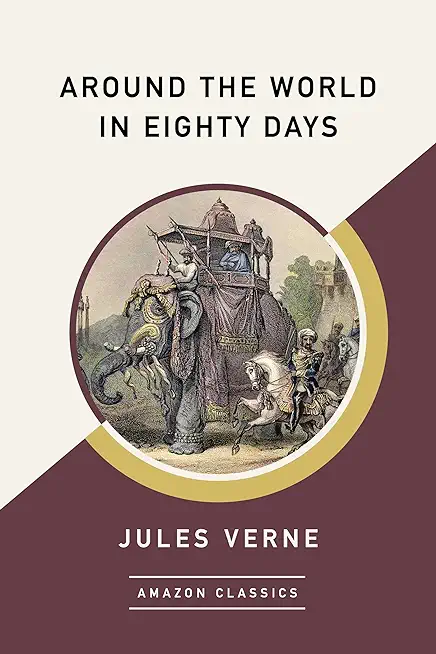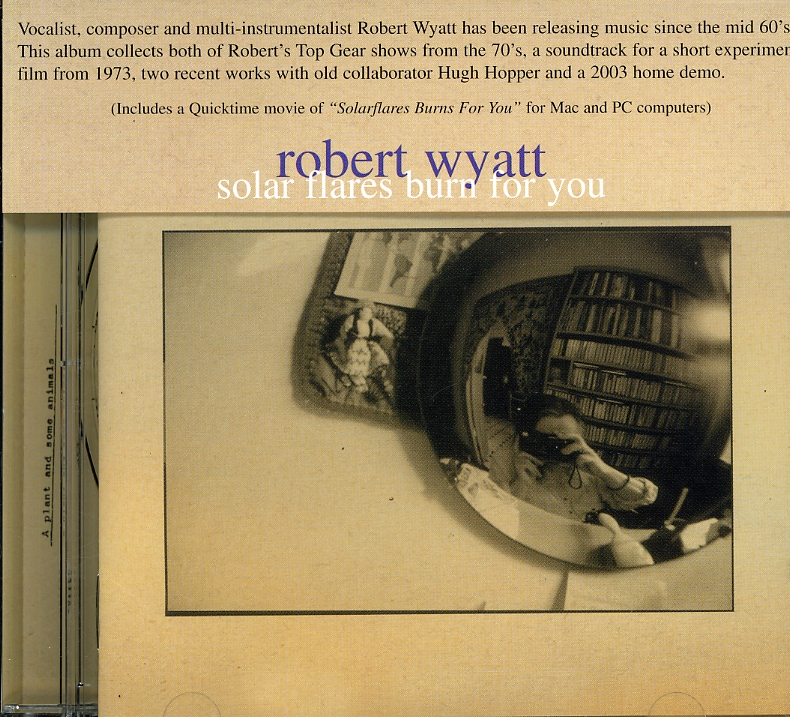
Murasaki Shikibu, born into the middle ranks of the aristocracy during the Heian period (794-1185 CE), wrote The Tale of Genji--widely considered the world's first novel--during the early years of the eleventh century. Expansive, compelling, and sophisticated in its representation of ethical concerns and aesthetic ideals, Murasaki's tale came to occupy a central place in Japan's remarkable history of artistic achievement and is now recognized as a masterpiece of world literature.
The Tale of Genji is presented here in a flowing new translation for contemporary readers, who will discover in its depiction of the culture of the imperial court the rich complexity of human experience that simultaneously resonates with and challenges their own. Washburn sets off interior monologues with italics for fluid reading, embeds some annotations for accessibility and clarity, and renders the poetry into triplets to create prosodic analogues of the original.







